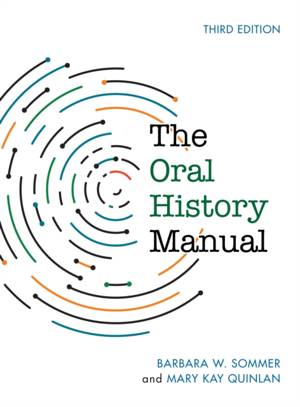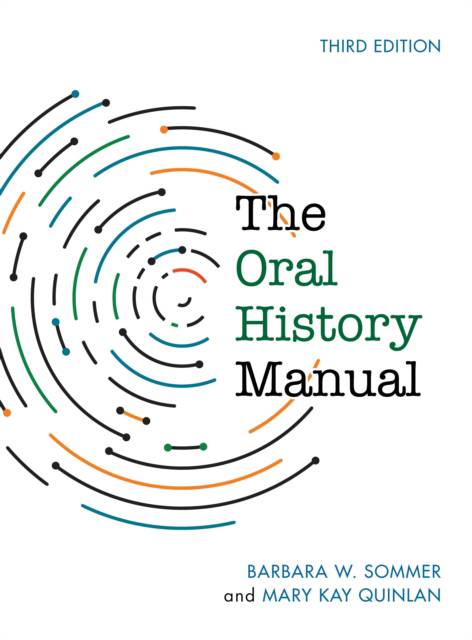
- Retrait gratuit dans votre magasin Club
- 7.000.000 titres dans notre catalogue
- Payer en toute sécurité
- Toujours un magasin près de chez vous
- Retrait gratuit dans votre magasin Club
- 7.000.000 titres dans notre catalogue
- Payer en toute sécurité
- Toujours un magasin près de chez vous
Description
The Oral History Manualis designed to help anyone interested in doing oral history research to think like an oral historian. Recognizing that oral history is a research methodology, the authors define oral history and then discuss the methodology in the context of the oral history life cycle - the guiding steps that take a practitioner from idea through access/use. They examine how to articulate the purpose of an interview, determine legal and ethical parameters, identify narrators and interviewers, choose equipment, develop budgets and record-keeping systems, prepare for and record interviews, care for interview materials, and use the interview information. In this third edition, in addition to new information on methodology, memory, technology, and legal options incorporated into each chapter, a completely new chapter provides guidelines on how to analyze interview content for effective use of oral history interview information. The Oral History Manualprovides an updated and expanded road map and a solid introduction to oral history for all oral history practitioners, from students to community and public historians.
Spécifications
Parties prenantes
- Auteur(s) :
- Editeur:
Contenu
- Nombre de pages :
- 160
- Langue:
- Anglais
- Collection :
Caractéristiques
- EAN:
- 9781442270794
- Date de parution :
- 15-07-18
- Format:
- Livre broché
- Format numérique:
- Trade paperback (VS)
- Dimensions :
- 216 mm x 277 mm
- Poids :
- 476 g







